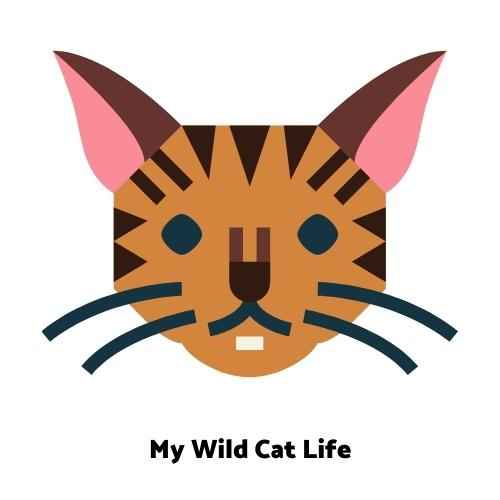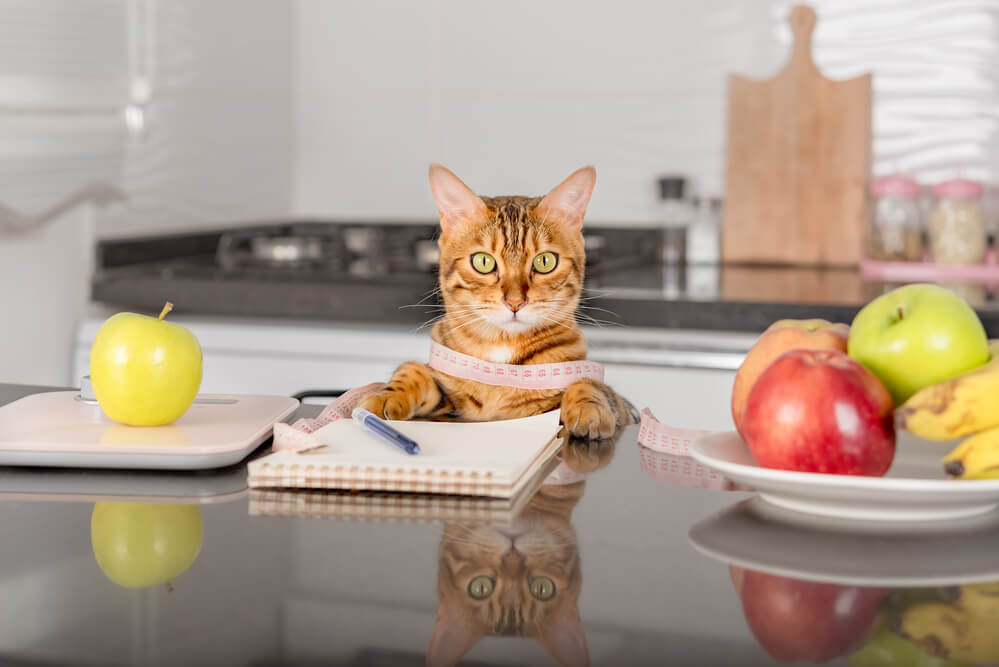Bengal cats have a very specific diet that should be followed to ensure optimal health. While they are known as carnivores, they can benefit from some human food in moderation. Some human foods Bengals can safely eat include cooked eggs, cooked fish, oatmeal, and steamed carrots.
It is important to note that the portions should be kept small since Bengal cats are more prone to obesity than other breeds of cats. Also, make sure to always remove any bones or fat before feeding your Bengal cat any kind of meat.
Additionally, avoid dairy products as Bengals are lactose intolerant. Treats such as cheese should not be given as a regular part of their diet.
When introducing new human foods into your Bengal’s diet it is important to do so slowly and in moderation. Monitor your cat for any food allergies or digestive issues that may arise. If these occur, stop feeding your Bengal the new food immediately and contact your vet for guidance.
By following a healthy diet plan and understanding what human foods Bengals can eat safely, you can ensure proper nutrition for your feline friend. This will help optimize their health and keep them happy and healthy for years to come! Remember: when it comes to Bengal cats, nutrition is key!
Do Bengal Cats Need Special Food?
Yes, Bengal cats need special food as their diet and nutritional needs differ from other breeds.
Bengals require a high-protein diet with moderate fat, vitamins, and minerals. Additionally, they may be sensitive to grains so look for grain-free wet cat foods or those made with limited ingredients and no fillers.
When shopping for Bengal cat food, look for brands that are specifically designed for the breed or brands that offer species-specific formulas. This will ensure your feline friend is getting all the nutrients they need in their day-to-day diet.
Can I Feed My Bengal Raw Meat?
If you are considering feeding your Bengal raw meat, it is important to first consult with a veterinarian.
Raw meat can contain bacteria that could be harmful to your cat if not properly handled and prepared. It is also important to note that while some cats may benefit from a diet of raw food, the same cannot be said for all cats.
It is best to start slowly and introduce small amounts of cooked or defrosted meats into your Bengal diet.
Monitor them closely for any digestive issues that may arise and contact your vet should any occur.
The general rule of thumb when introducing new human foods into your Bengal diet is to do so slowly and in moderation. This will help ensure their nutritional needs are being met without putting them at risk for any digestive issues.
Overall, it is best to consult with your vet before making any changes to your Bengal’s diet, especially when introducing raw meats into their daily meals. Doing so will help ensure they are getting all the nutrients they need while staying healthy and happy!
What Do Bengal Cats Likes To Eat the Most?
Bengal cats have unique taste buds and tend to enjoy a variety of different foods. Some common favorite food items include fish, poultry, small rodents, eggs, cooked vegetables, and fruits such as mangoes or cantaloupe.
It is important to note that all these food items should be fed in moderation or they could lead to unhealthy weight gain.
Additionally, it is recommended that you introduce new human foods into your Bengal diet slowly and in small portions. This will help ensure the cat can properly adjust their digestive system to any changes made before consuming larger amounts of the new food item.
Overall, Bengals are known for being somewhat picky eaters so it may take some trial and error to find the perfect food for your furry friend. Offer them a variety of options and they may surprise you when they find their favorite type of meat!
By following healthy diet tips and introducing new human foods slowly, you can ensure your Bengal cat is getting all the essential nutrients they need to stay happy and healthy. With proper nutrition and lots of love, the Bengals can thrive for many years to come!
How much wet and dry food should I feed my Bengal cat each day?
The amount of wet and dry food you should feed your Bengal cat each day depends on several factors such as their age, size, activity level, and overall health. Your veterinarian can provide the best advice for how much to feed your feline friend.
Generally speaking, most cats require about 20-30 kcals per pound of body weight each day. This equates to around ¼ cup of dry food per day or 2 to 4 ounces of wet food per day.
It is also important to monitor their weight closely and adjust the portion sizes based on their individual needs. If you have any questions regarding proper dieting for your Bengal cat, contact your vet who will be able to provide additional insight into what would be best for your cat’s health.
By following your vet’s directions and monitoring their weight, you can ensure your Bengal is getting all the nutrients they need in a healthy balance of wet and dry food. Doing so will help keep them happy and healthy for many years to come!
The bottom line is that it is important to consider what human foods are safe for Bengals before introducing them into their diet. Furthermore, it is essential to consult with a veterinarian before making any changes to your cat’s diet and always feeds in moderation.
With the right combination of wet and dry food, proper nutrition, and lots of love, your Bengal cat can thrive for many years to come!
Bon Apetit.














